Assad’s downfall marks a new realignment in the Middle East
The outcome of this tectonic shift is bound to have a profound impact on the Middle East - and on the global balance of power.
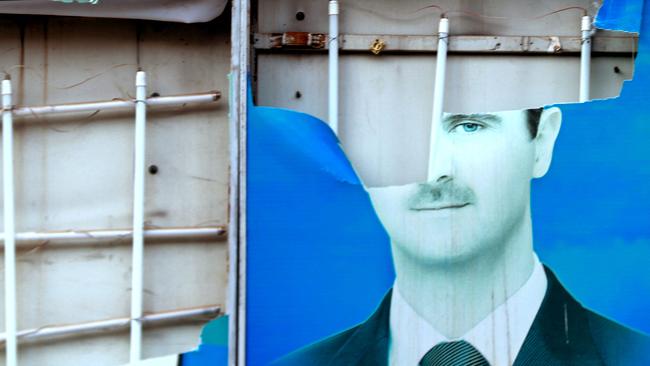
The struggle to depose Bashar al-Assad’s regime took more than 13 years, causing untold death and destruction, because outside powers turned Syria into a proxy battlefield for their own ambitions.
When Assad’s government finally fell on Sunday morning, after a lightning campaign that took his friends and foes by surprise, it was toppled by the Syrians themselves - as the regime’s main benefactors were enfeebled, and distracted, by mayhem elsewhere.
The outcome of this tectonic shift is bound to have a profound impact on the Middle East, and on the global balance of power.
Much will depend on how orderly the transition to a new rebel-led administration will be, and to what extent the rival Syrian factions - including the Kurdish and Alawite minorities - will be able to avoid further conflict.
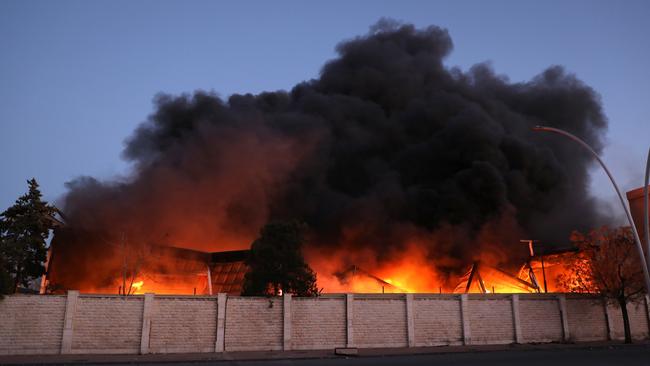
Winners and losers have already emerged, though these gains and losses could prove illusory in a country as traumatized, and as thoroughly steeped in violence, as Syria.
“We see a huge change in the region. Turkey has become stronger, Russia has become weaker, Iran has become weak,” said Badr Jamous, a leading anti-Assad opposition politician. “But it is the Syrians that will play a big role now, not like before. All will have to listen to our voice and to our decisions.” Iran, whose embassy in Damascus was looted immediately after the rebel takeover, has lost its major ally in the “axis of resistance” and the vital land connection to its Hezbollah proxy militia in Lebanon.
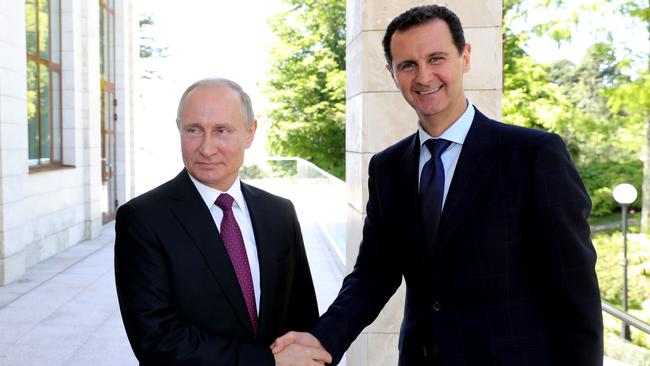
Russia - which long boasted that, unlike the U.S. in Afghanistan or Vietnam, it never abandons its vassals - has also suffered a humiliating blow, with new uncertainty surrounding the future of its crucial naval and air bases on the Mediterranean.
Turkey, for now, is on the ascendant. With Assad gone, Ankara will clearly exert much greater authority over its southern neighbor, and the entire Levant, a boost to President Recep Tayyip Erdogan’s neo-Ottoman aspirations.
Turkey openly supports the Syrian National Army militia, which has focused its energy mostly on battles with Syrian Kurds in recent weeks, with clashes continuing Sunday. Turkey has also provided tacit backing to the most formidable Syrian rebel force, Hayat Tahrir al-Sham, or HTS.
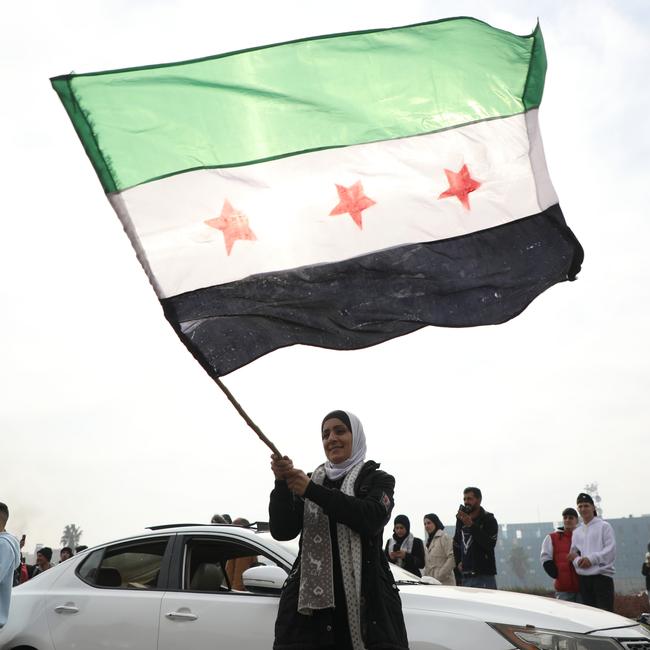
Labeled a terrorist organisation by the U.S. because of its past links with al Qaeda, HTS led the rebel offensive that seized the cities of Aleppo, Hama and Homs before Sunday’s fall of Damascus. The Syrian capital itself was captured mostly by rebels from southern Syria, many of them insurgents once backed by Saudi Arabia who later reconciled with the regime as part of a Russia-supervised pacification process.
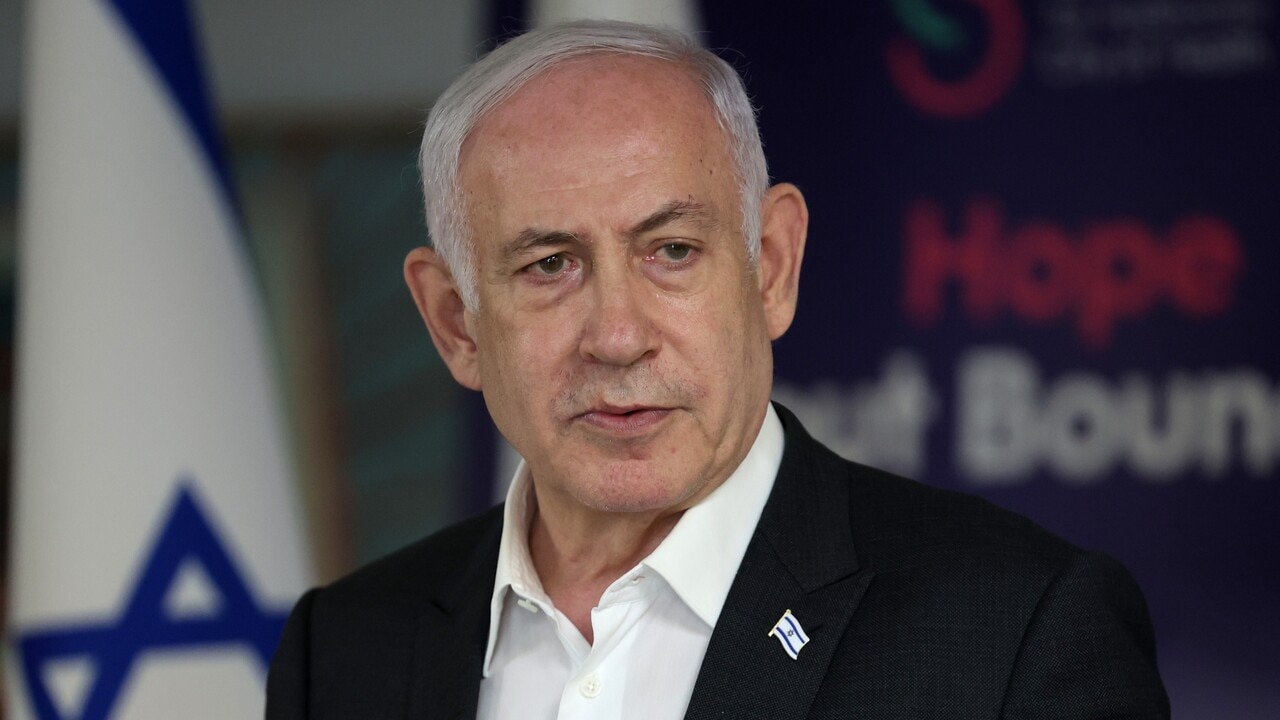
“Turkey has the main responsibility to ensure that what comes out of this is greater stability and refugee returns, and a new Syria, rather than a whole new civil war and a redrawing of the lines on the map between Arabs, Kurds and other factions,” said Charles Lister, director of the Syria program at the Middle East Institute. “Turkey has the means.” Officials in Ankara -- just as in virtually all other capitals -- were stunned by the unexpected extent of the Syrian rebels’ success. Turkey’s Foreign Minister Hakan Fidan said in Doha on Sunday that preserving Syria’s unity and territorial integrity is Ankara’s key objective, as is the fight against the “terrorists” in the Kurdish-controlled areas of Syria.
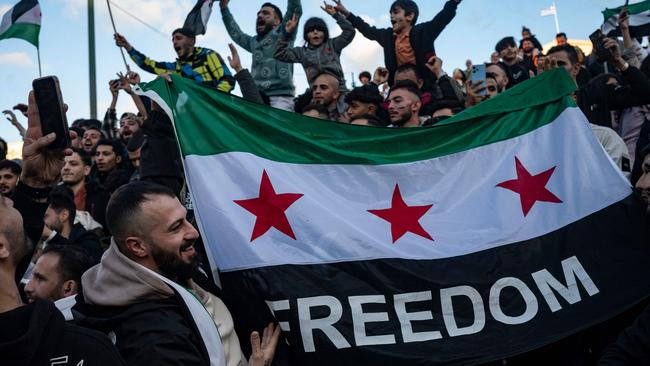
“From Turkey’s perspective, the new element of risk and peril is a collapse of the Syrian state,” said Sinan Ulgen, a former Turkish diplomat and director of the Edam think tank in Istanbul. “The fragmentation of the political unity of Syria could lead to the emergence of a proto-state of the Kurdish entity, with the likely backing of the U.S. and Israel.” Unlike the Syrian National Army militia, HTS has largely refrained from fighting the Kurds in recent weeks. The group allowed Kurdish militias to evacuate safely from parts of Aleppo, and has spoken of the need to protect Syria’s ethnic and religious diversity.
Persian Gulf monarchies such as Saudi Arabia and Qatar -- which once bankrolled Syrian rebels -- are also working on how to make sure that the downfall of Assad doesn’t trigger a new wave of unrest against the region’s rulers, and a resurgence of extremist movements such as Islamic State, that followed the 2011 Arab Spring.
“There is a lot of trauma in the region. Good news transforms into bad news very quickly,” said Majed al-Ansari, a senior adviser to Qatar’s prime minister.
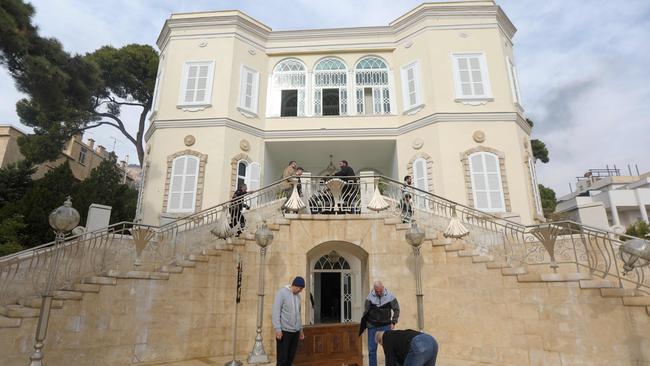
“We don’t want what happened in other nations post the Arab Spring to happen in Syria. We would love to see a transition to a viable state that provides for the people.” Israel, which moved troops further into Syria along the Golan Heights this weekend, has scored a strategic achievement with the breakup of the Iranian-led “axis of resistance,” its most formidable foe. It was Israel’s previous success in devastating Lebanon’s Hezbollah militia, which used to provide Assad with its most capable infantry, that allowed Syrian rebels to overrun the regime’s military.
Israeli officials, however, are also concerned about the rise of a Turkey-backed Sunni Islamist state on its borders -- a state that may try to reclaim the Golan Heights, which Israel seized in 1967, and that could ally itself with Hamas, the Palestinian militant group.
The leader of HTS, Ahmed al-Sharaa, descended from Syrians who escaped the Israeli occupation of the Golan, which explains the nom-de-guerre Abu Mohammed al Jawlani. The rebel commander, who returned to Damascus with a triumphant appearance in the capital’s ancient Umayyad Mosque on Sunday, has said that he first embraced Islamist politics during the second Palestinian intifada that began in 2000.

Iraq has somewhat similar concerns, with officials there worried that the events in Syria could trigger a renewed Sunni insurgency at home. Jawlani, after all, first picked up a gun as a Sunni Islamist insurgent in Shiite-majority Iraq in 2003. In a video message to Iraqi Prime Minister Mohammed al-Sudani last week, Jawlani urged Iraq’s Shiite militias to stay away from Syria and not to attempt rescuing Assad -- advice that was ultimately heeded by Baghdad.
Preventing a spillover of the Syrian conflict into Iraq could once again become Iran’s priority, said Seyed Emamian, co-founder of the Governance and Policy Think Tank in Tehran. “For Iran, it’s very important not only to support its allies in the axis of resistance, but also the security of Iraq -- because if something happens inside Iraq, the Iranian borders would be very much vulnerable, and it could be a matter of national security,” he said.
The U.S. -- which maintains troops in the Syrian Kurdish enclave and a desert area on the Jordanian border -- remained on the sidelines as the collapse of the Assad regime unfolded.
President-elect Donald Trump endorsed that stance, writing in a social-media post Saturday that Syria “is not our fight” and that the U.S. “should have nothing to do with it.” As for Russia, he added in another post following Assad’s downfall, there was no reason for it to be in Syria in the first place.
On Russian social-media, the fall of Damascus was treated as a geopolitical catastrophe, with hyper-nationalist ideologue Alexander Dugin describing it as a “tragic event.” Russia deployed troops to Syria in 2015, a move that reversed rebel gains and prevented a seemingly imminent collapse of the regime at the time.
“What happened is a huge blow to Russia’s regional influence and prestige,” said Alexander Gabuev, director of the Carnegie Russia Eurasia Center.
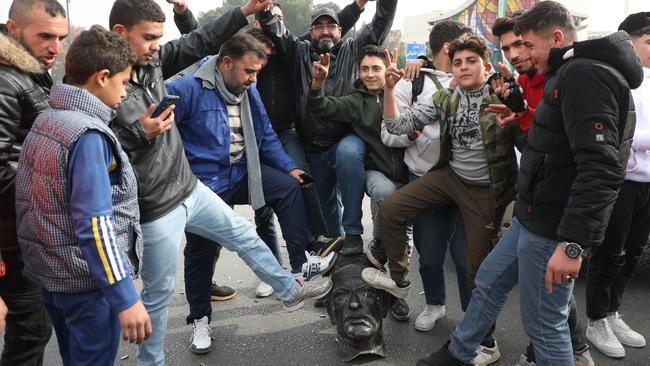
“Propping up the Assad regime, interfering in the Syrian civil war on Assad’s side with the Iranians, was one of the major demonstrations of Russia’s ability to punch above its weight.” Bases on Syria’s Mediterranean coast -- the naval facility in Tartus, which Russia leased for 49 years in 2017 and the airfield at Khmeimim -- are crucial for Russia’s ability to project its authority in the Middle East and Africa, where it is participating in far-flung conflicts in Libya, Sudan, Central African Republic, Mali and Niger.
Some diplomats involved in the talks on Syria between Russia, Iran, Turkey and leading Arab nations that were held in Doha, Qatar, on Saturday -- hours before Assad’s downfall -- said Russia likely received commitments that it could maintain these bases as part of a transition.
It is unclear, however, to what extent those commitments would be honored by the Syrian rebels, especially given Russia’s record of bombing Syrian cities into rubble over the past decade. One factor is that the future Syrian government would likely be interested in at least some military cooperation with Moscow because most of its weaponry, seized from Assad, is of Russian or Soviet origin.
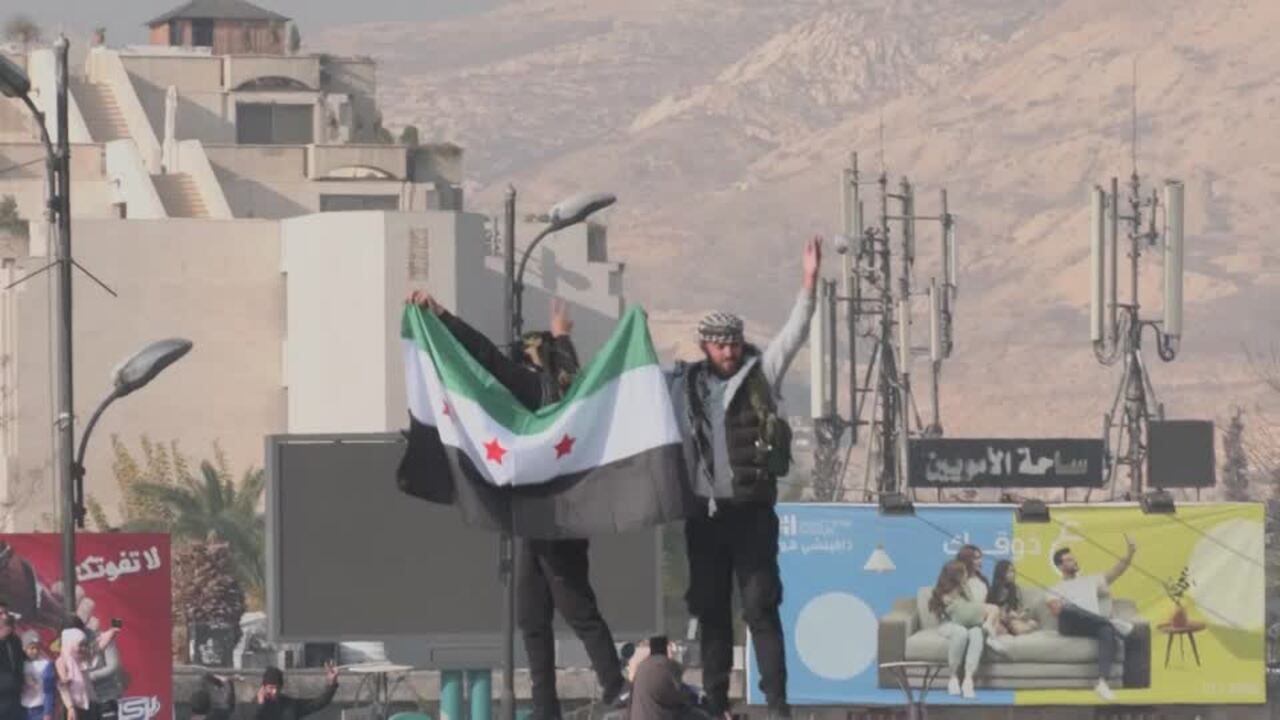
“The Syrian military was trained and established by the Russians, and the software of governing the military is Russian,” said Ammar Kahf, executive director of the Omran think tank, which is linked with the Syrian opposition. “Syria could become a neutral state that has good relations with the U.S. and good relations with Russia, but the Syrian military would remain primarily Russian-oriented.” For now, the Syrian rebels are treating Russia in a different category from Iran. A rebel statement following the fall of Aleppo said the Syrian people have no quarrel with Russia. While rebels gleefully ransacked the embassy of Iran in Damascus, the Russian mission was spared.
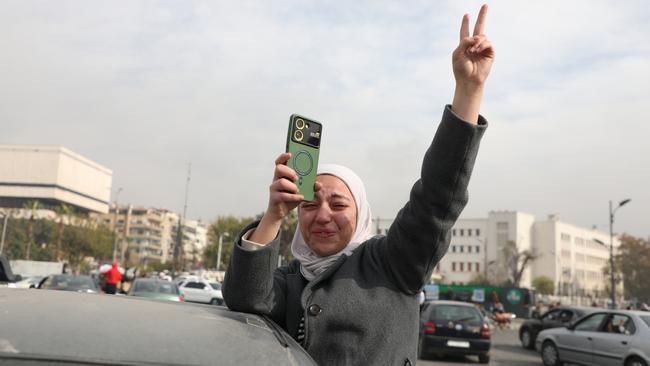
Though Iran has clearly taken a hit, it hasn’t necessarily lost all influence in Syria. Afghanistan’s Taliban, a Sunni Islamist movement, also ransacked the Iranian diplomatic mission in Mazar-e-Sharif, with militants killing several diplomats in 1998. But in the following decade, Tehran managed to establish a good working relationship with the Afghan Taliban -- ties that were solidified once the Taliban returned to power in Kabul in 2021.
What happened in Syria is definitely a temporary setback for Iran, but it’s important to remember that Iran is opportunistic and is used to operating in unstable environments,” said Dina Esfandiary, a senior adviser at the International Crisis Group. “Iran plays the long game.”
The Wall Street Journal


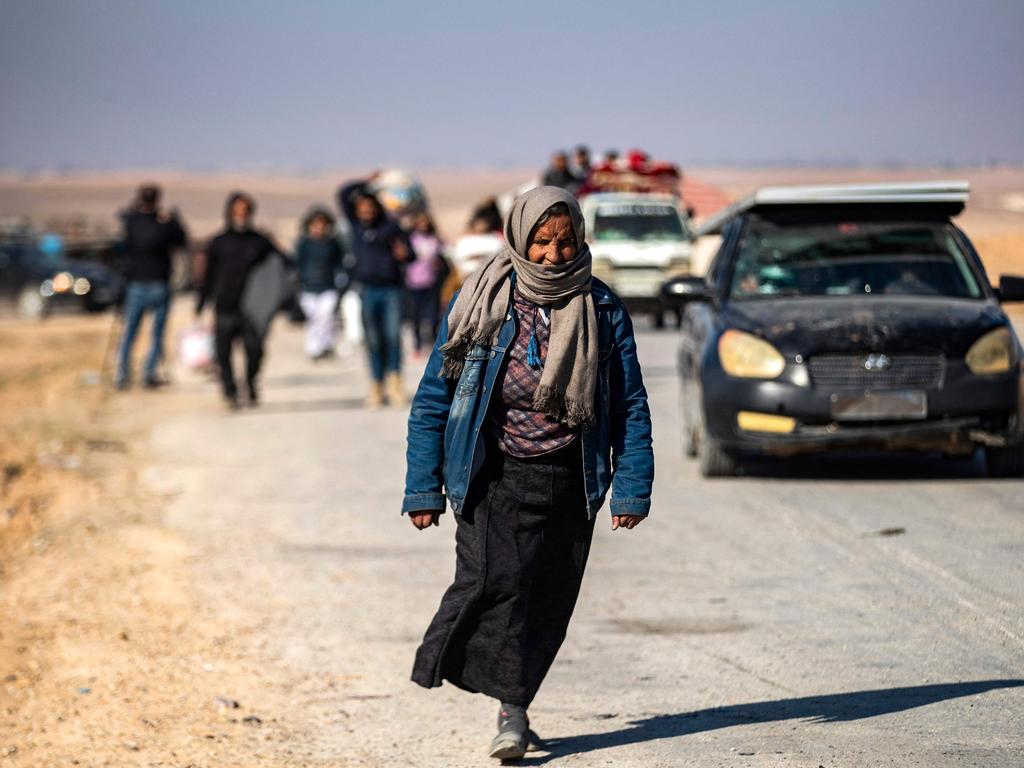
To join the conversation, please log in. Don't have an account? Register
Join the conversation, you are commenting as Logout